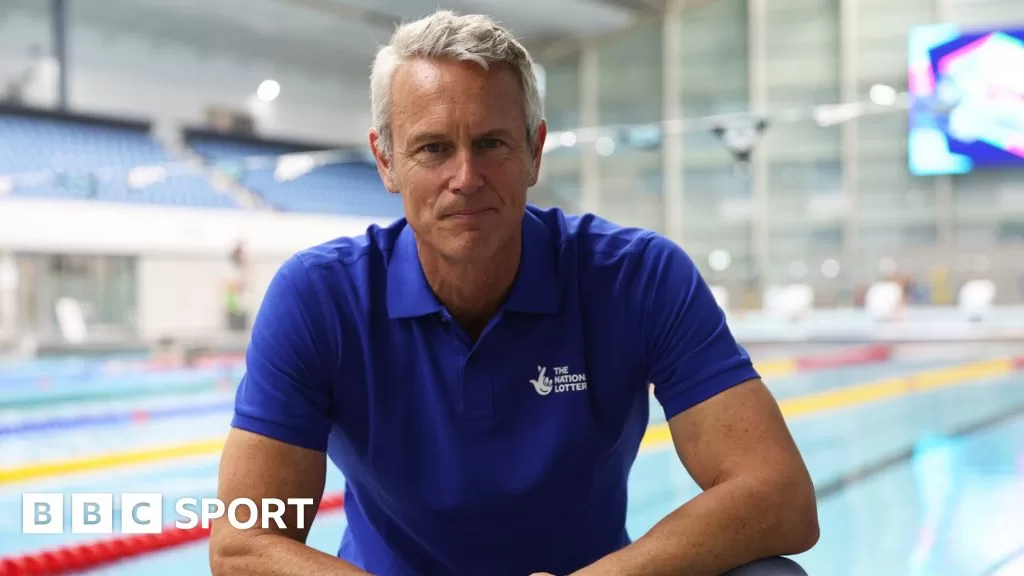Former British swimmer Mark Foster fears the Enhanced Games, where doping is allowed, could lead athletes to taking “dangerous” health risks.
Ex-world champion James Magnussen has said he would take banned drugs in an attempt to swim faster than a world record and earn $1m (£792,000).
But the 32-year-old Australian insists he will not take risks with his health.
“There is a bit of me that wonders how fast people could be,” Foster told BBC Sport.
“However, my big problem is how safe will it be? How will they regulate it and stay on top of it?
“Even if James does do it in a safe way for now, there will always be people who will push the envelope and that is when things get very dangerous.”
Organisers say that the competition will be the safest international sporting event in history and that they prioritise athlete safety, with competitors undergoing medical screening prior to competition.
Magnussen will come out of retirement to try to beat the 50m freestyle record at the event, which was founded by Australian businessman Aron D’Souza in 2023.
The event would not be subject to World Anti-Doping Agency rules and any times will not be official.
The current world record of 20.91 seconds was set by Brazilian Cesar Cielo in 2009, though he was wearing a performance-enhancing, non-textile swimsuit that was banned a few months later.
But although Foster says he would not be tempted to take part, the 53-year-old former world, European and Commonwealth champion acknowledges that that the money on offer may persuade some to consider it as an option.
“Having been an athlete who competed for Great Britain for 23 years and did things by the book healthily and drug-free I don’t get it, and I don’t like the possibility that people are going to take drugs,” he says.
“But money does talk and you are taking people who don’t earn a lot of money and if they might think if they take drugs they could win $1m. If you put the incentive there, you might get people who might possibly do it.
“But I think a lot of people will sit back and see what unfolds before they decide to take the risk.
“You could find someone who finishes third or fourth at the Olympics this year and they might think that they could go and take a load of juice and break the world record next year.
“If you put the incentive there and people want to make a quick buck then they will, but all I can do is potentially flag to them what they might be doing to their bodies.”
